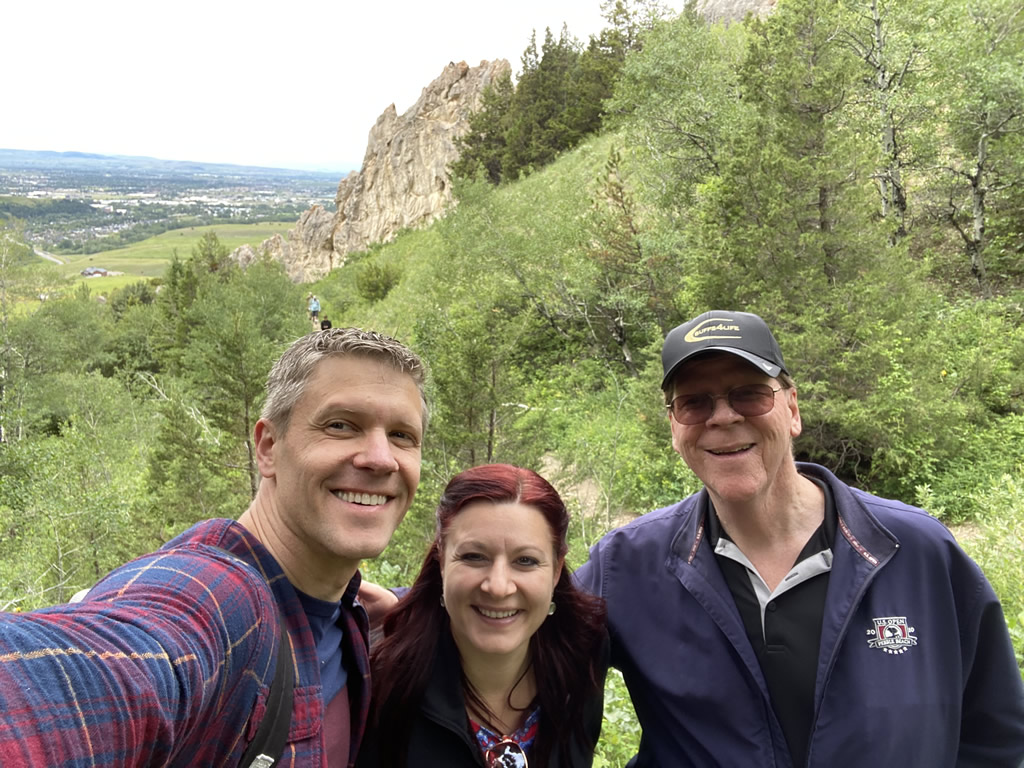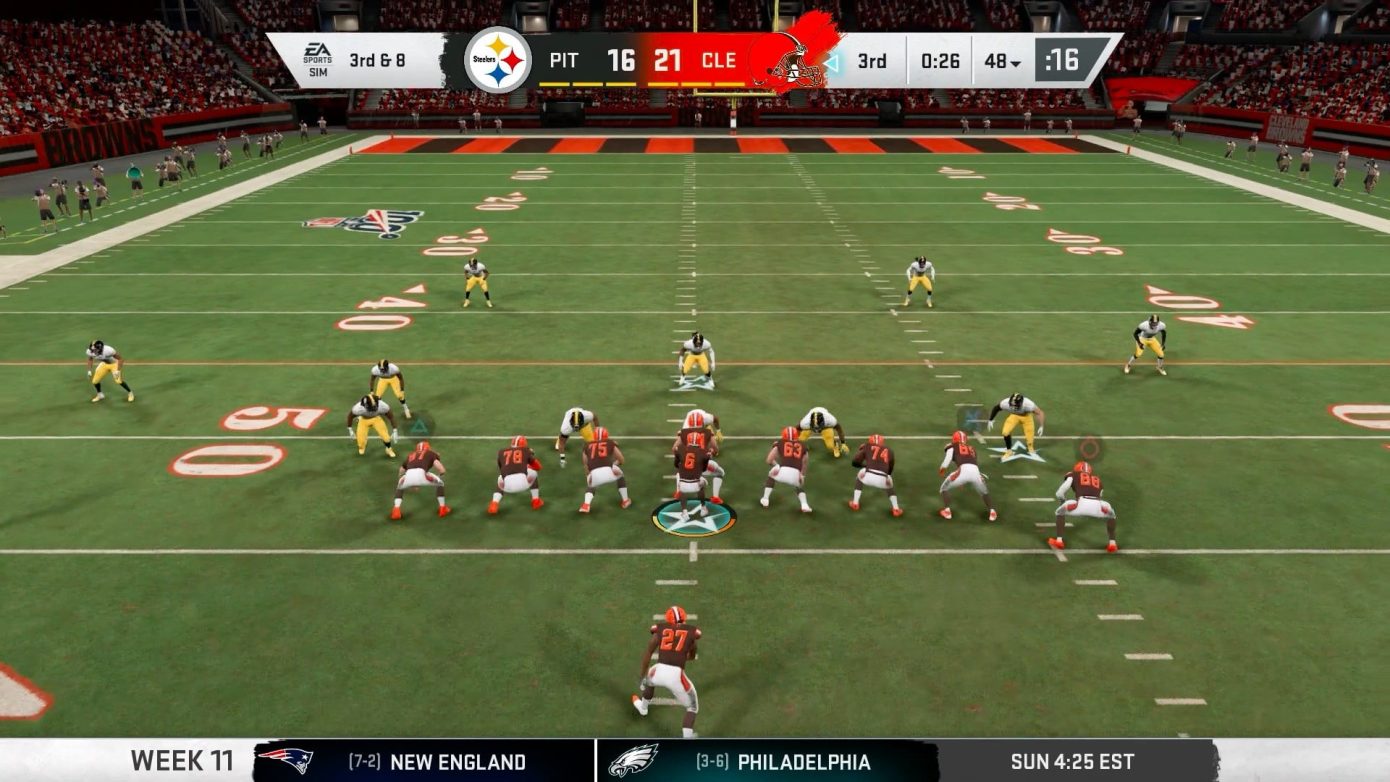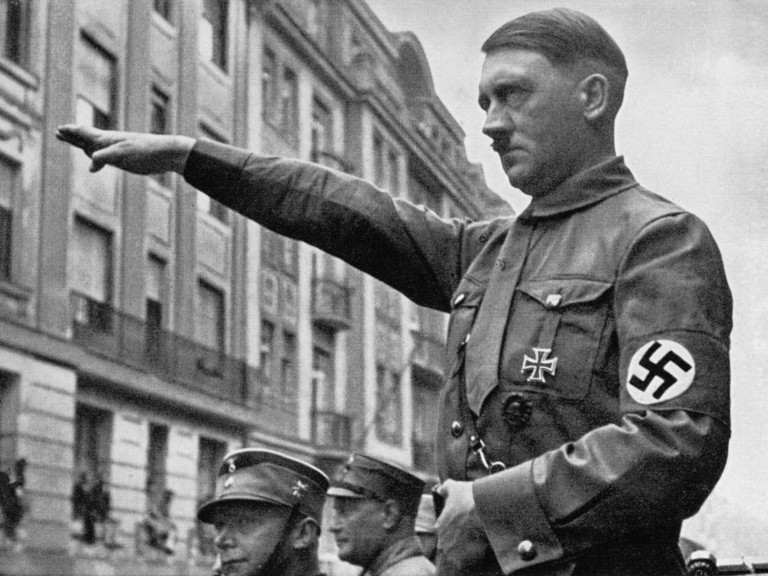Conflict and competition are in our nature as a species. Going back to our earliest prehistoric survival, the friction between one another has been crucial in many aspects of our history and it is perhaps the primary driving force for what we are as a species.
In the earliest times, we fought one another for mates, for land, and for what we believed was true. Over the millennia this changed to conflict over religious beliefs, power, and monetary gain. As far back as the ancient Greeks, sports became an outlet for this conflict. It gave us a way to compete against each other without the conflict ending in death. Granted, the Romans and several other civilizations still added ‘death’ as an ultimate loss. I would like to believe that in the last few hundred years we have learned to remove the death element to sports – at least intentional death. But, it is a hardcore fact that we need to have someone to dislike, we need to have someone we want to battle. So, over time we have developed the intense rivalries of the NFL (Detroit Lions and the Green Bay Packers) or FIFA (Scotland and England) or if you really want to get primeval – Chess (Alekhine and Euwe).

Now, my stepfather; Stuart Whitehair (owner of the University of Colorado fan website CU at The Game) will be the first to tell you that I am not a sports fan. Do I enjoy going to a football game or watching my son play soccer? Absolutely! I may not be getting down and dirty talking stats and previous games and who’s going to annihilate who at the next game. But, I enjoy the excitement and the thrill of backing the winning (or losing) team. Whether I want to admit it, it’s in my blood, it’s in your blood. You may love sports, or you may hate it or you may not give a damn either way, but you most likely feel something.
My colleague and decades-long friend Craig loves sports, in fact, he has WEEI Sports radio going in our office every day we are there. Yes, I listen to it a little. Most of the time its background noise and I complain about how much Bill Belichick really sounds like an idiot and doesn’t want to be on the radio anyway, so why does he even do the press conferences. I suppose you can’t lead one of the most winningest teams in NFL history without doing a few press conferences. Have Craig and Stuart converted me? No. However, there is a strong part of me that has wanted to understand sports and understand what drives them to love it so much.
So, here we are in 2020 amid the largest pandemic of modern history, and what is canceled? Sports. My first inclination was “Thank God. Finally, I get a break!” However, as things have developed and after listening to WEEI, finding out that when they don’t have sports – they have nothing to talk about, and after having some discussions with Stuart (who also was a history and political science major) he raised some very good points. Before this all started, here in the United States were already a nation deeply divided politically and on top of that, we have a lot of very passionate rivalry with cities with regards to sports and politics.
Here are some of Stuart’s thoughts (from his site):
“I’m not going to go all political here. I don’t want the website to deteriorate into mud-slinging rants. I am grateful to those of you who have posted comments the last few months, yet have not strayed from the topics at hand.
That being said, I think we can all agree that the country is divided.
Which brings me back to sports.
I am not a sociologist, but I believe I have a solution to America’s problem…
We need the Nebraska Cornhuskers back on the field.
Not because I want to see the Cornhuskers play, but because I want to see them play… and lose.
It’s primal. It’s us against them. Yankees v. Red Sox. Lakers v. Celtics. The Patriots v. well, everybody.
I would like to submit this basic theorem: Americans will spend less time hating each other when they can spend more time… hating each other’s sports teams.
Which leads me (Jason) to wonder, “What is the breaking point?”, is it the election? Are we looking at a potential civil war or is that being overdramatic?
At any rate, as everyone says “We are all in this together.” – which could mean that we are all going to strangle each other if we don’t find a way to release some tension. But, I’m rooting for a more positive note: “We’ll all make it through this, together.”



